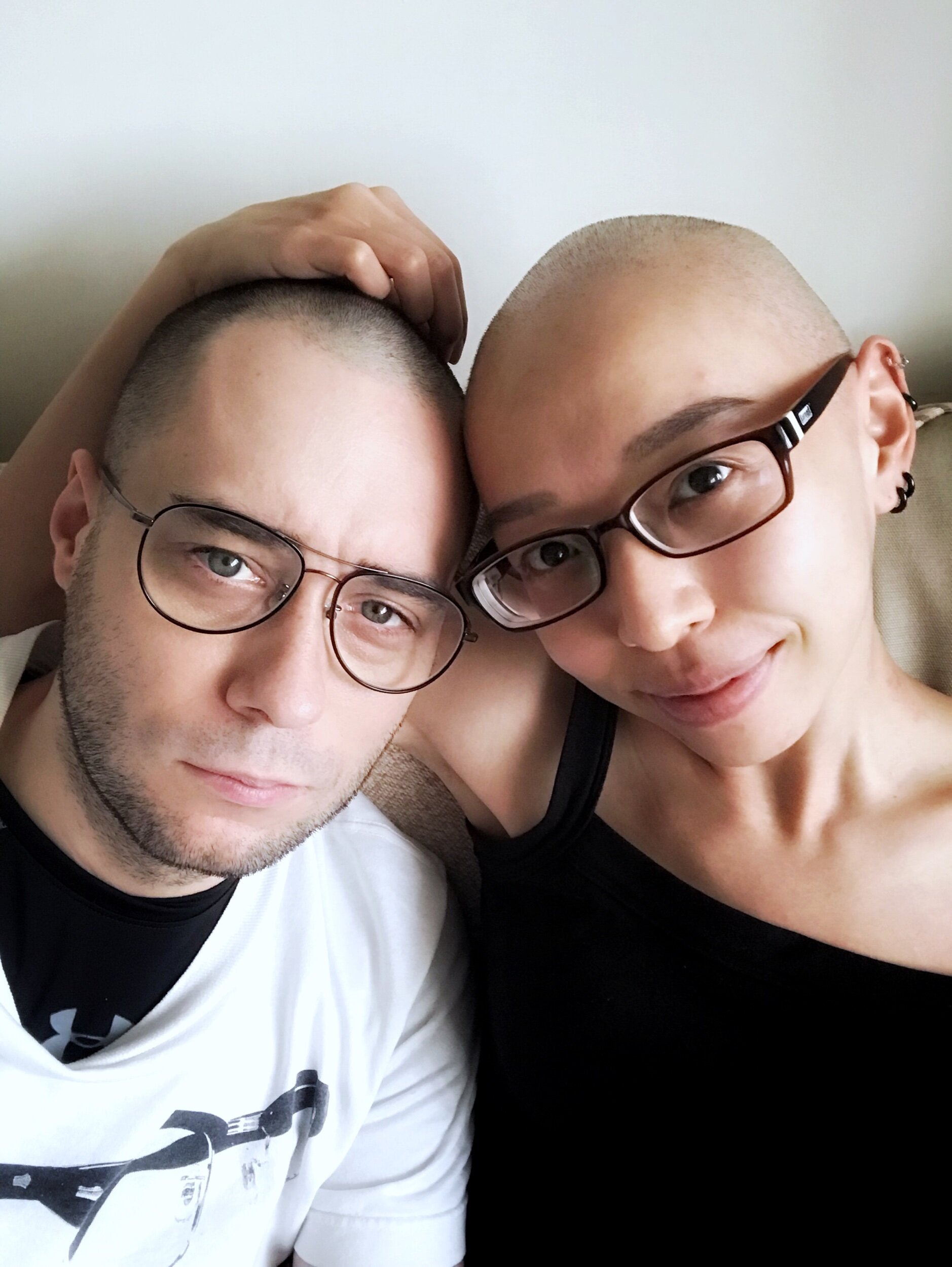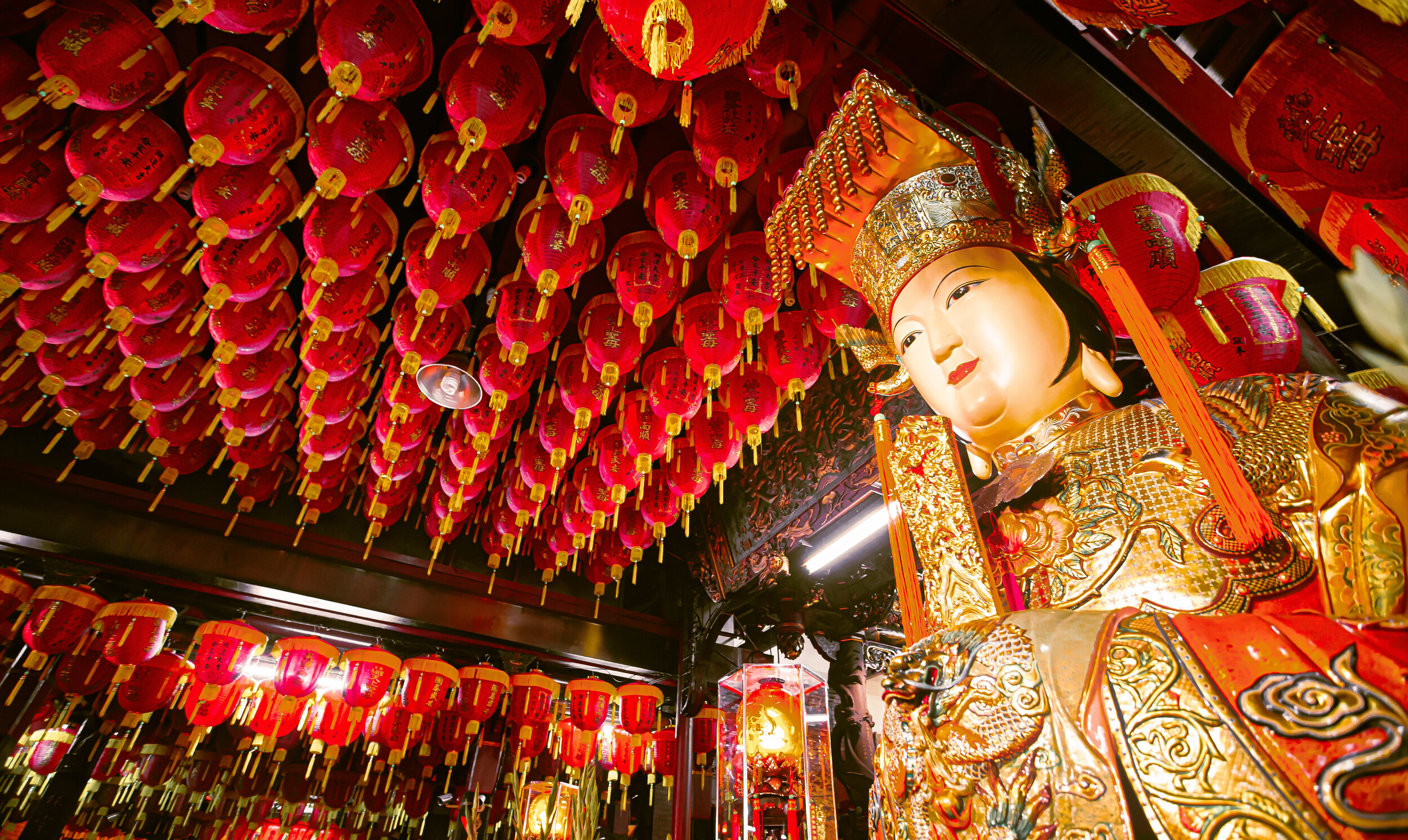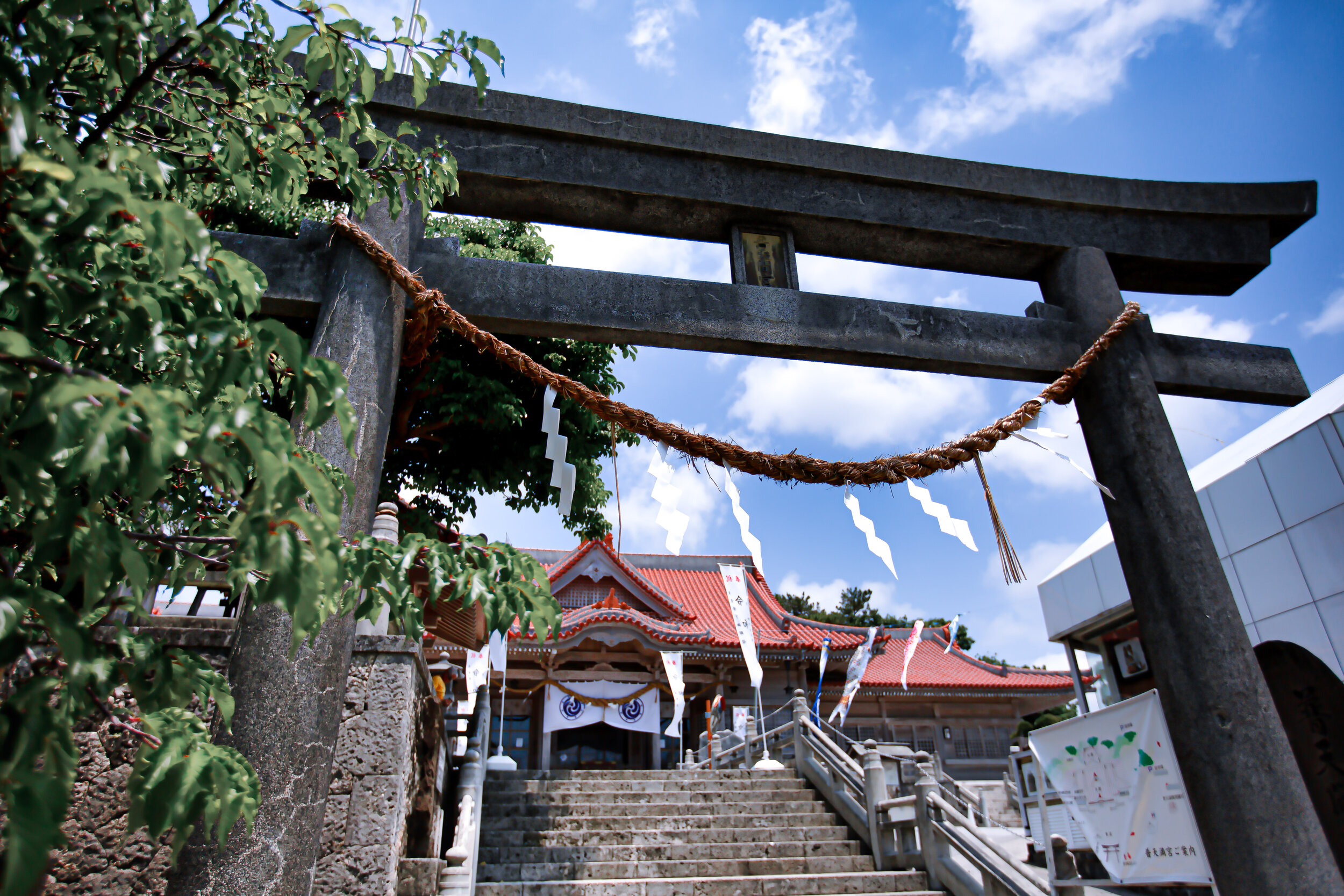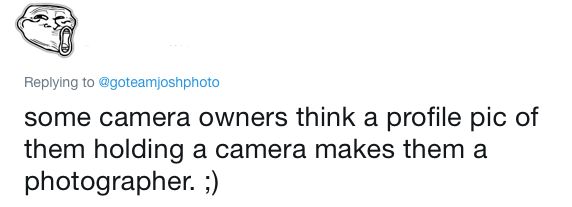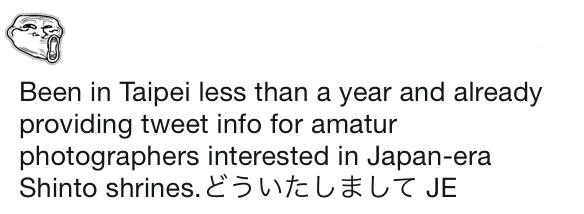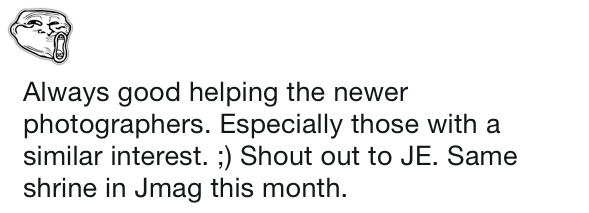It’s been a minute since I wrote an article on here that was about what’s going on in my life, so as life seems to be returning to some semblance of normality here in Taiwan, bear with me while I explain what I’ve been up to for the past two months.
Let me start with the first few weeks of May.
Prior to May 2021, Taiwan had for the large part completely contained the spread of COVID-19 and while the rest of the world was suffering through the pandemic, it was pretty much life as usual around here, save for some extra precautions - mask mandates, contact tracing, social distancing, etc.
Due to the government’s tight control, contact tracing and the quarantine system, people had this false sense of security, so even though the government had started to receive shipments of the AstraZeneca vaccine, few people felt the need to actually go and get it, as they figured they could eventually just pick and choose which vaccine they could take when the time came. Similarly, the opposition party in government was doing whatever it could to disseminate as much disinformation about the AZ vaccine as possible to undermine the government’s efforts to have vaccines imported.
So, with some of the supply about to expire, I signed myself and a few of my friends up to get the vaccine, as authorities were hoping that they could get anyone a jab who was willing to take one so that they wouldn’t go to waste. As far as I was concerned, it wasn’t an issue - my parents had already had their vaccines back in Canada, and they lived to tell about it.
Part of the issue here in Taiwan is that the media can be a very dangerous thing, and had already convinced people that the AZ vaccine in particular was terrible, and that Taiwanese deserved better - or something like that. There’s been this constant game of political tug of war here in Taiwan with vaccines, as world supply is low, and a certain portion of society succumbing to disinformation, and of course China is doing whatever it can to block Taiwan from access.
Nevertheless, I got my first shot on May 11th.
As we were sitting there waiting during the mandatory 20-30 minutes of rest after taking the shot, the daily CECC Press Briefing came on, and the proverbial shit pretty much hit the fan. Taiwan was about to enter an extended period of community spread, and that sense of security that we all had was sadly about to come to an end.
Over the next few days things started to get worse, and the government being proactive about containing the virus mandated a level two lockdown, and then a level three. They did seem completely flustered about the whole thing though. It as almost as if they exerted all their effort ensuring that COVID didn’t break thorough, but when it did they didn’t really have any idea what to do.
The word “lock down” is a bit of a contentious one, because was it really a lock down?
There have been lock downs all over the world, but Taiwan’s wasn’t really wasn’t the same.
Having already taken the vaccine, I was a little less worried about what was going on, but being a Boy Scout, I knew that it was best to stay prepared, so I went out and purchased a bunch of food and toiletries just in case - remembering the last time that there was a scare that people went out and hoarded food and toiletries.
When level 3 eventually started, restaurants and bars across the country were forced shut - many turning to food delivery services to maintain their business. Likewise schools, cram schools, kindergartens, etc. were all forced to close their doors, which caused obvious issues for families with parents who still had to work.
Taiwan has an incredibly weird attitude when it comes to the concept of “WFH” (Working From Home), and many employers actually required their employees to continue showing up for work everyday, despite the obvious problems that it could cause.
From the start of the ‘lock down’ until now, the daily CECC updates, which are broadcast at 2pm every afternoon arguably became one of the most important parts of our day, learning the latest results and the actions that the government would be taking. While all of this was nothing new to people around the world, people in Taiwan were having a hard time believing that the defenses in our COVID fortress could be breached.
While the rest of Taiwan was facing a period of uncertainty, in that we’d all have to do our part to stay home and social distance, I was having separate issues that made things even worse.
If you follow me on any of my social media, its not likely that you’re aware of this, as I did my best to put on a positive face whole time with uplifting daily photo posts about ‘how great we’ve been doing’ and how ‘we’re going to get through it together!.’
One of the biggest challenges during this period was that while I was stuck at home for several weeks, I was alone the whole time. Well, not exactly alone, I did have my dog with me. But I think even he was getting sick of me after a couple of weeks.
On the day that the ‘lock down’ started, my partner in crime was admitted to the hospital and was scheduled to have surgery to have a tumor removed. The tumor, which eventually came back as cancerous meant that she’d have to undergo at least a six month period of intensive chemotherapy treatments.
Taking into consideration that she was in a hospital in Taipei, which was where the outbreak was wreaking havoc, I wasn’t able to spend any time with her in the hospital. But having personally gone through a battle with skin cancer during my university years, I understood what she was about to go through.
Even in normal times, hospitals in Taiwan have a weird rule about visitation, and since I’m not considered immediate family, she had to rely on her mom to take care of her various hospital stays.
After her first surgery and her first chemo treatment, she was safely back at home recovering and I finally had a reason to leave my home - and as you can see from the photos below, in a show of support, I let her take an electric razor to my head and shave it all off.
Due to lockdown, I wasn’t able to get a haircut, so why not, right?
So, for the first few weeks of the stay-at-home lockdown, I rarely left my apartment, watched an incredible amount of Netflix and passed my time working on photos from years ago, applying new post-processing techniques that I’ve learned since then. Suffice to say, as much as I tried to keep myself busy, I started to understand how people around the world have felt since this terrible pandemic decided to change all of our lives.
From the outset, I figured I could get quite a bit of work done on my blog, but as I’ve discovered, its really hard to work from home on this stuff, which is why you’ll often find me sitting in coffeeshops plugging away with my writing. There’s just far too much to distract me while I’m at home.
My level of productivity suffered tremendously, and thats why I haven’t really posted anything on here.
Even though I haven’t done much of any work on my blog, or taken any new photos over the past few months, I have worked quite hard on my photo archives and I’ll come out of this with hundreds of photos that are considerably improved upon, at least from how they looked when I first published them years ago.
Fortunately now that we’ve reached August, life has started to return to normal. People are back to work, restaurants are opening up and people are able to move around a bit more freely. It’s been tough, but the people of Taiwan (for the most part) have done an amazing job following the governments advice and showing this virus who’s boss.
For the longest time Taiwan was one of the worlds most successful countries in battling this pandemic, and even though we’ve had a setback, I think the people of here have shown the rest of the world that when society cooperates and people care about their neighbors as much as they care about themselves, that this virus can be controlled.
Now that I’m fully vaccinated, my partner is out of the hospital, and I’m back to work - life is starting to return to normal and the sense of doom and gloom that people had been exhibiting has turned into pride for the strength people have shown during these past two months.
Making things even better is that Taiwan has really shown up on the world stage during the Tokyo Olympics. They’e not over yet, but Taiwan has already had its best-ever outing at the games, and people all over the world are taking note of not only Taiwan’s athletic successes, but the humanitarian values that the people of this country share with the rest of the world.
We’ve all had setbacks this year and last, but we’ve come to a point where I think we’re permitted to start feeling positive about the rest of the year - But, that doesn’t mean that we can let our guard down again.
The photos I’m sharing today are a collection of a few of those that I’ve been working on since the lockdown started - Some are from Taiwan, but many of them are from my travels in recent years to places like Iceland, Scotland, England, Ireland, Italy, Vietnam, Thailand, Okinawa, and the Philippines.
I won’t spend much more of your time blathering on and on, enjoy the photos and stay safe!
Taiwan 🇹🇼
Scotland 🏴
England 🏴
Iceland 🇮🇸
Italy 🇮🇹
Okinawa 🇯🇵
Korea 🇰🇷
Vietnam 🇻🇳
Thailand 🇹🇭
The Philippines 🇵🇭
That’s it for now, I’ve got quite a bit of stuff ready to go for the next little while, so I should be posting regularly for the rest of the year. I do have a considerable amount of writing to do over the next little while, so if you’re looking for me, I’ll probably be sitting in a coffeeshop somewhere between Taoyuan and Taipei!
